“For freedom Christ set us free.” So writes Saint Paul in our second reading today. And it’s a beautiful reflection for this weekend, when we are getting ready for our Independence Day celebrations. When our nation’s founders set up this fledgling republic 240 years ago, freedom was certainly one of their primary concerns. Freedom of religion was of primary importance, and they also held dear freedom of expression, freedom of association, and many others. We are the beneficiaries of their hard work. As “they” say, freedom isn’t free, it is purchased at a price, and at this time of year we remember those who paid that price for us, and those who continue to do so in the military every day.
In that second reading, Saint Paul is reflecting on the freedom that the early Christians had. This freedom was a freedom from the constraints of the myriad of laws that they observed, laws that encouraged people to replace true devotion to the spirit of the law with mere surface-level observance of the letter of the law. Paul reminds them that their freedom was purchased at the incredible price of the blood of Jesus Christ the Lord who died that they, and we, might have life.
For the Galatians, as well as for all of us, freedom had to be defined a little more exactly, and that was St. Paul’s purpose in today’s second reading. Because freedom isn’t free, it can’t be taken lightly or casually, and so he makes it clear what the freedom truly is. The Galatians had the mistaken notion that freedom meant the same thing as license, which isn’t the case at all. Freedom didn’t mean license to act against the law and to live lives of immorality and corruption. That would be replacing one form of slavery with another, really, since immorality has its own chains. The freedom Christ won for us is a freedom to live joyful lives of dedication and devotion and discipleship, all caught up in the very life of God. Real freedom looses us from the bonds of the world and sets us free to bind ourselves to God, who created us for himself. Real freedom is freedom to be who we have been created to be.
This distinction between true freedom and license for immorality is one that we must take seriously even in our own day, as we prepare to celebrate our nation’s own independence. Because in our own day, we too have confused the freedom we have inherited from our founders with a license to do whatever the heck we want. And that, brothers and sisters in Christ, is not the gift we have been given. Freedom of expression doesn’t mean we have the right to express ourselves in a way that slanders or ridicules others. And if you don’t think that’s an issue, just listen to some talk radio or watch some daytime television, or perhaps listen to any of the current campaigning for office. Freedom of religion doesn’t mean freedom from religion, and it doesn’t mean that we have to practice our faith in secret and not let people know that Jesus Christ is Lord by the way we live and talk. And you know that’s an issue: in the courts, in our places of business and our schools, and in our communities. Being free doesn’t mean we have license to do whatever we want; being free means we are free to better ourselves, our families, our churches and our communities. Real freedom is freedom to be who we have been created to be.
This freedom to be who we have been created to be is a matter of some urgency for Elisha in today’s first reading and the would-be disciples that Jesus met in today’s Gospel. All of them received the message that when God calls, the time to answer is now. But all of them found that there were things going on inside them that kept them from answering the call; that kept them from being free to follow God in the way they were created to do that.
Certainly the rebukes they all received seem a bit harsh to our ears. After all, they had good excuses, didn’t they? Who would deny a person the right to say goodbye to their families or bury their dead? But there are a couple of subtle distinctions that we have to get here. First, it wasn’t as if they had ever been told to follow the call instead of taking care of family and burying the dead. Yet they were using those things as an excuse to put off their response to God’s call. Second, following God’s call very well could have meant doing those exact things they were involved in, but in a way that honored God. The call was to put God first, and one could conceivably do that and still take care of family, friends and business.
What’s at issue here is right relationship. Responding to God’s call must always come first, but responding to God’s call may mean raising one’s family, tending to a sick parent or elderly relative, reading to one’s children, grieving the loss of a loved one or battling an illness. It’s a matter of priorities, and true freedom means putting God first in all of that, trusting that God will help us to make sense of it all.
It’s important to know that God pretty much always calls people out of the ordinariness of their lives. That was true of Elisha today. He was minding his own business – literally – by plowing the fields. And yet he gives it all up on the spot to follow God as Elijah’s successor. It must have been an incredibly moving event for Elisha, because he was so excited that he ran back, slaughtered his oxen and chopped up the yokes to use as fuel to cook the flesh and feed his people. Doing that was a complete break with his former life, and showed the lengths to which he was ready to go in order to do God’s will.
On this Independence Day, may we all remember that true freedom doesn’t mean doing whatever we want, regardless of the implications for others and ignorant of our relationship with God. I hope we remember that true freedom doesn’t mean license to live an immoral life. Instead, true freedom is about living the life God has called us to live and following as committed disciples, free to be caught up in the life of God. True freedom means breaking with anything that holds us back from becoming the free sons and daughters of God we were created to be. True freedom means putting God first and serving him in the ordinariness of our lives, following his call to our dying breath. True freedom means finding the same joy that our Psalmist finds today when he sings, “You are my inheritance, O Lord.”
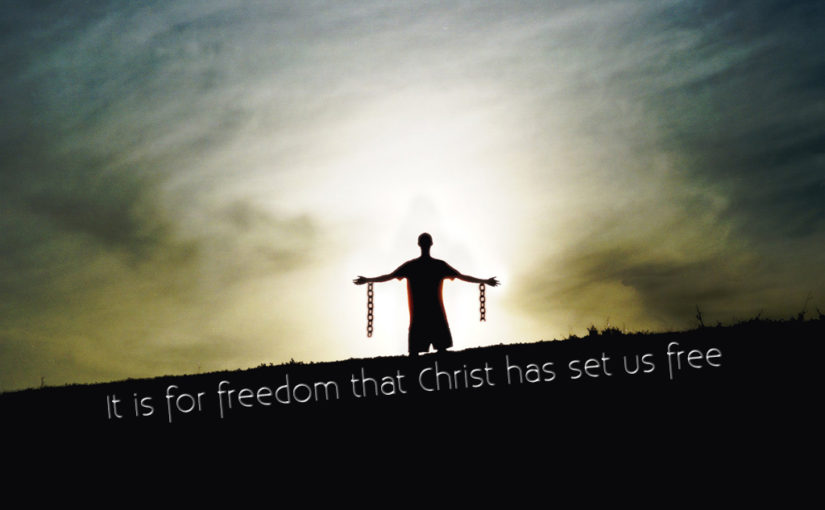
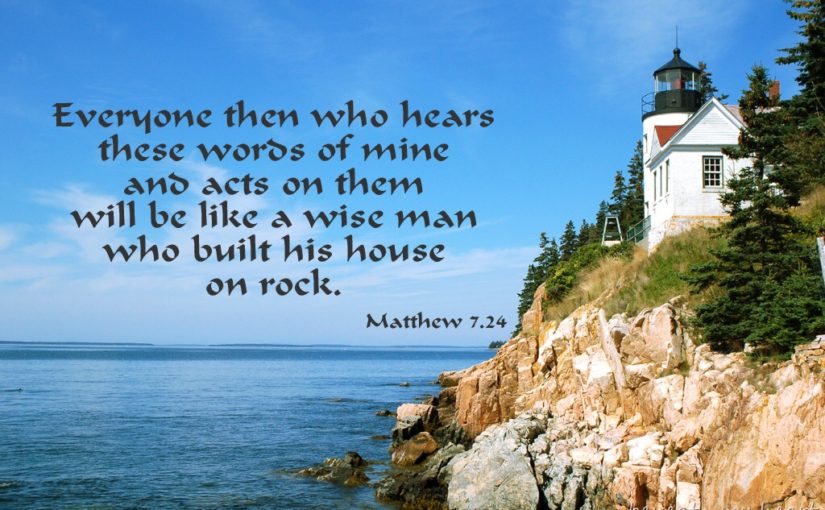
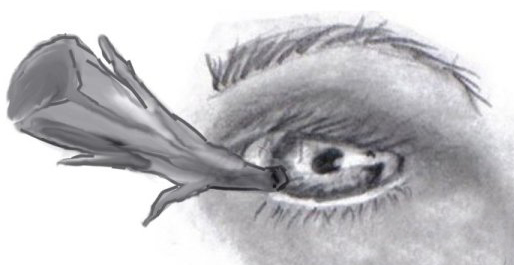
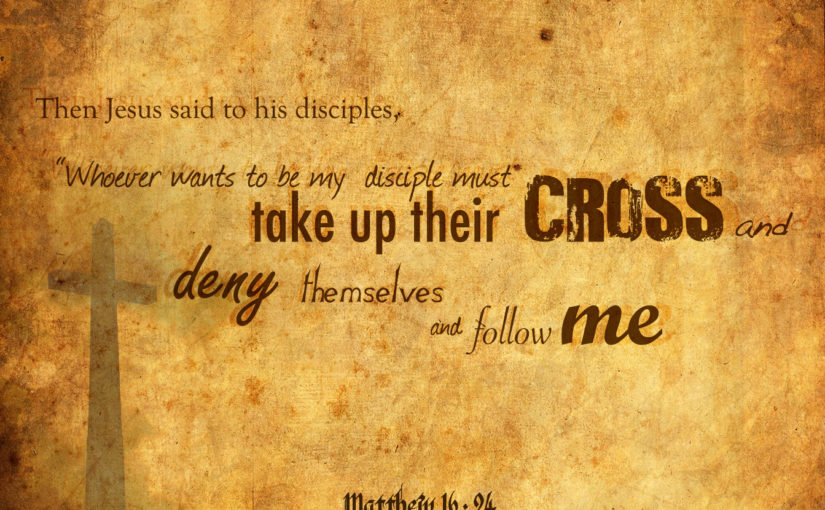
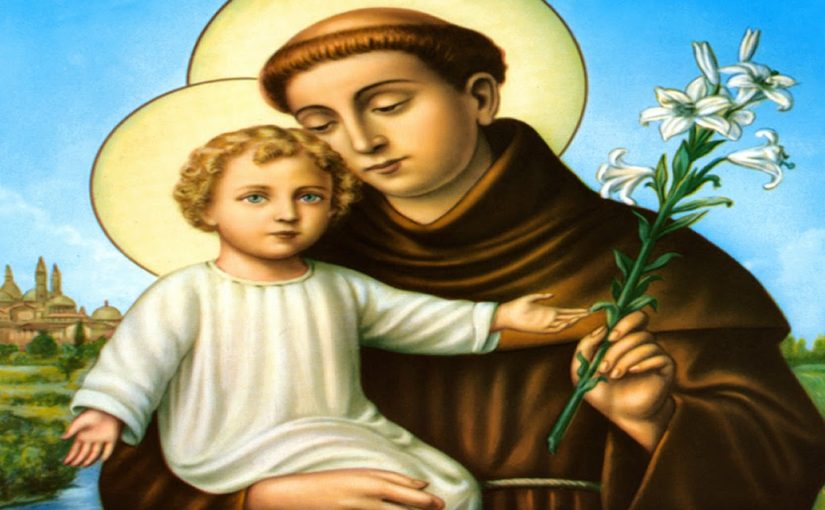
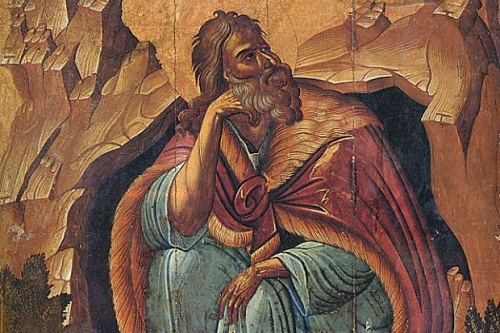
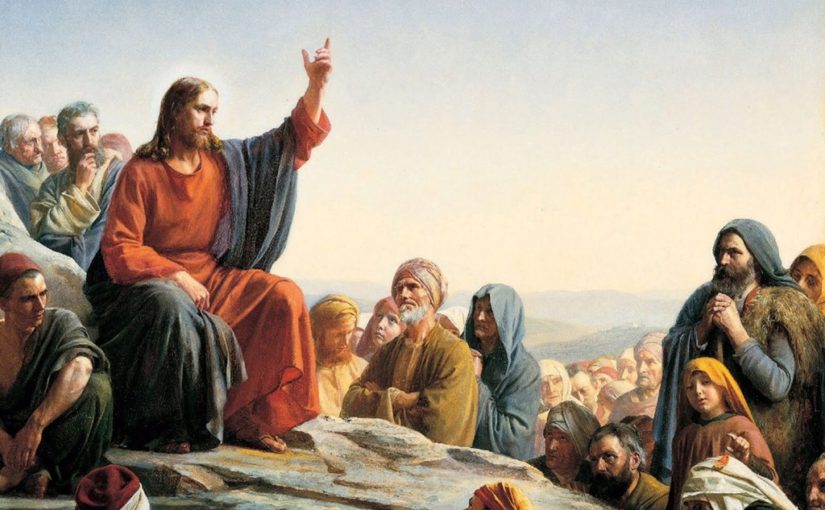
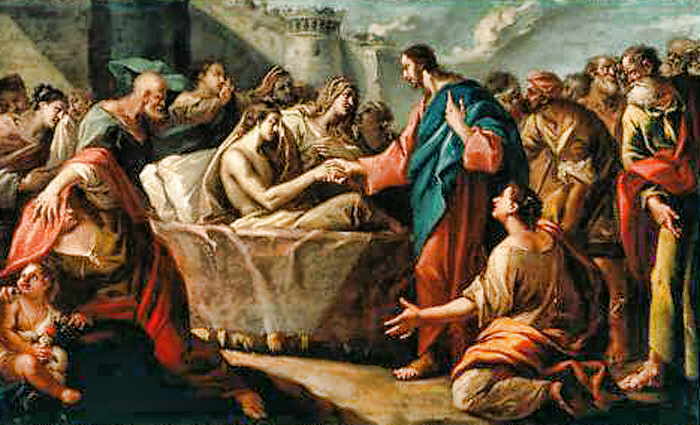

You must be logged in to post a comment.